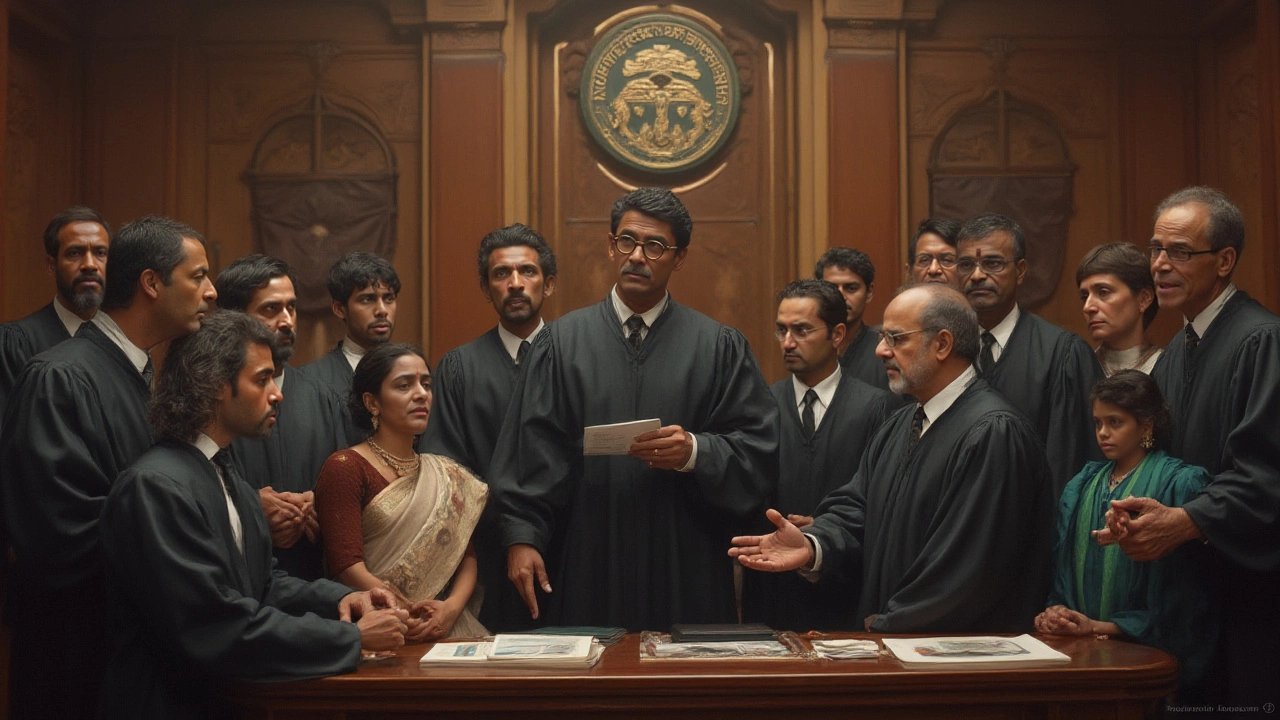Civil Law Guide: How Indian Civil Cases Work & Win
When you're in a dispute over money, property, or a contract, it's a civil case, not a criminal one. Civil courts decide who owes what and how to fix it.
What Makes a Civil Case Tick
To start, you need a legal right that’s been breached—a broken lease, unpaid debt, or faulty product. You file a plaint with the right court. Small claims go to District Court; bigger suits head to High Court.
The judge looks at the evidence you and the other side bring. Documents, emails, photos, and witness statements are the bread and butter. Without solid proof, even a strong claim can fall flat.
How to Prove Your Case
Create a simple timeline: list every event, who did what, and when. Gather contracts, invoices, bank statements, and any emails or texts. Print them and get notarization if needed.
Witnesses add weight. Ask them for a short written statement and, if possible, to appear in court. Consistency and honesty matter more than fancy language.
Remember the Indian Evidence Act. A signed contract beats a verbal promise, and electronic records are accepted if they’re clear.
After hearing both sides, judges often push for settlement. It saves time and money. If it goes to trial, the judge writes a judgment on who pays what.
If you lose, you can appeal to a higher court within 30 days. The appeal must show a legal error, not just disagreement.
Getting a judgment enforced is the next step. For money, you can file an execution petition. The court can freeze bank accounts or seize property.
Quick tip: keep all communications in writing and never miss a deadline—missing one can kill your case.
Consider hiring a civil lawyer. They know the paperwork, the right court, and how to argue evidence effectively. Even a short consultation can save you from costly mistakes.
Understanding the Three Main Types of Torts: Intentional, Negligence, and Strict Liability Explained
Explore the three main types of torts—intentional, negligence, and strict liability. Learn what sets them apart, see real-life examples, and get useful tips on your legal rights.
Unpacking the Top 4 Types of Civil Law Cases
Civil law plays a crucial role in resolving disputes that arise between individuals or organizations. This article explores the four most common types of civil law cases, including contract disputes, property disputes, family law cases, and tort claims. Understanding these areas can help individuals better navigate potential legal challenges they might face in everyday life. Readers will also discover some interesting facts and practical tips associated with each type of civil law case.

